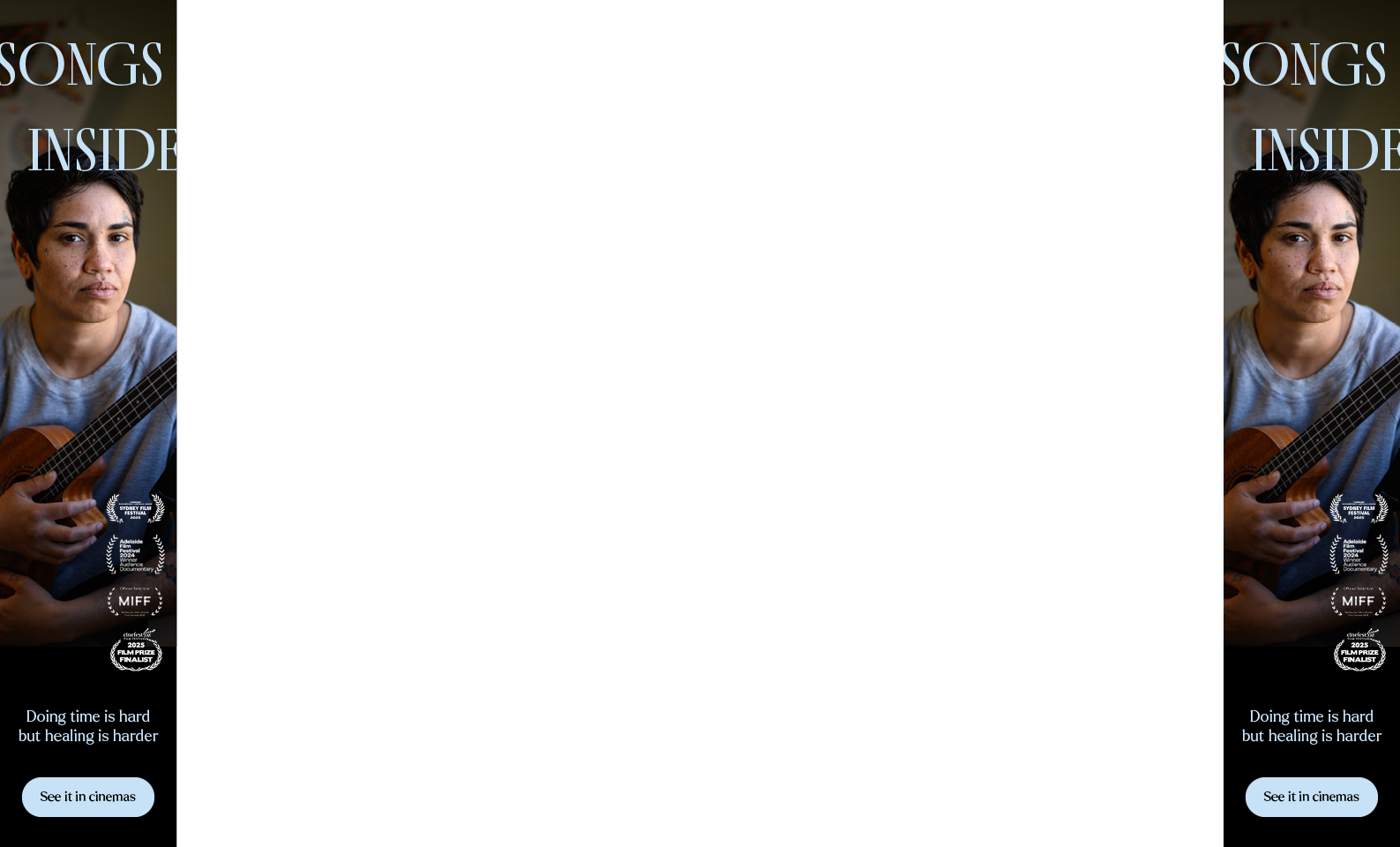by Dov Kornits
Recently winning Best Live Action Short at the Sydney Film Festival, Faceless will now screen at the Melbourne International Film Festival.
We spoke with Writer/Director Fraser Pemberton, Writer/Director/Lead Actor William Jaka and Producer/Writer/Editor Chris C. F., who are all part of Melbourne Collective, Dogmilk Films.
Can you discuss how the initial idea to make the film came to being?
Fraser Pemberton: “William joined the Dogmilk Film Collective in late 2022, wanting to get into acting and filmmaking. Very quickly, he and his brother Chris asked if I wanted to co-write a film and as longtime friends, I’d always wanted to work with them on something significant. I was also super excited about the prospect of Co-Directing a film for the first time and guiding William through the process, which he hadn’t tackled before.”
William Jaka: “The idea actually started out as a short film about a serial killer! My brother and I were exploring themes present in the final film and its triptych structure but after we approached Fraser to join on the journey, our focus redirected to all of our experiences growing up in Naarm; the considerable differences and the feelings shared. Mostly, it was a time to interrogate all of our preconceptions about the country we live in, what it means to be Aboriginal in an urban environment that is not your home, and of the thoughts and feelings lurking in the minds of Australians which they can’t easily talk about.”
Chris C.F.: “The writing process held open conversation at its core, allowing for myriad ideas to be entertained and discarded as necessary, in coming to the core questions that we wanted to pose in the film. Finding the characters and what they represented was the most challenging but also the most rewarding part of the process, and took over a year until they were locked conceptually.”
William Jaka: “And once the ‘No’ result for the Indigenous Voice to Parliament Referendum was handed down, we needed to reframe the film in that context. With an extended family member as a leading figure in the ‘No’ campaign, it was a sad and confusing time, and I wanted to make sure the film was a powerful vehicle to discuss the Australian psyche in a way that was of the moment.”
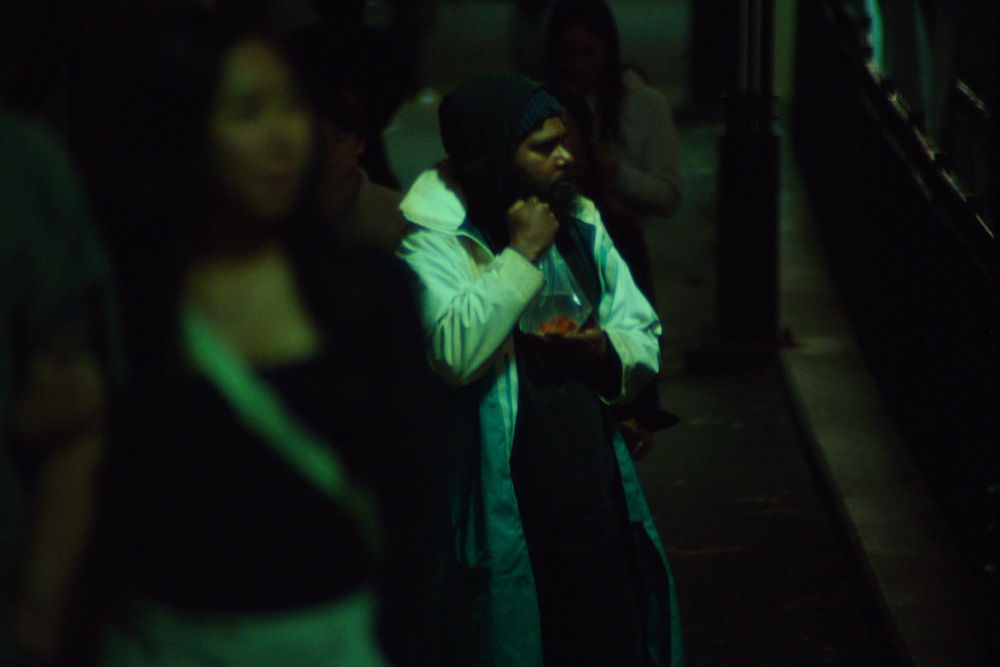
How was Dogmilk as a collective involved in the making of the film?
William Jaka: “Essentially, all fourteen members of Dogmilk were involved in some way or another; from early table reads and script editing, to camera, sound, costume, casting and everything in between! It was the first time the entire collective had worked on a film together, and that was something I wanted from the very start. I wanted the film to be an opportunity for Dogmilk members to step into roles that they hadn’t yet, but wanted to explore, and in a safe and nurturing environment, just like I was stepping into roles that I hadn’t previously!”
Fraser Pemberton: “A great example of this is Director of Photography and Dogmilk member, Alex Walton, who had largely worked in documentary previously, as a director, DOP and editor. Faceless was her first narrative film, and I think she knocked it out of the park! We wanted a gritty visual approach for much of the film and her background brought with her an unparalleled eye for human emotion and a practical fearlessness which truly gives Faceless its unique visual signature. A film of this ambition and scope also required constant flexibility from a crew that changed over three distinct shooting blocks which were spaced months apart. And Dogmilk members are thankfully multi-skilled!”
Chris C.F.: “Dogmilk member, Josh Peters, was awarded the AFTRS Craft Award for Music & Sound Design on Faceless at the Sydney Film Festival, an award much deserved! Having worked closely with Josh for years, it was a real delight to see his incredible talent be recognised. He’s the whole kit when it comes to creating auditory worlds; a sound recordist, sound designer, composer, foley artist and more. The film was an opportunity for him to flex his composition muscles and he did just that!”
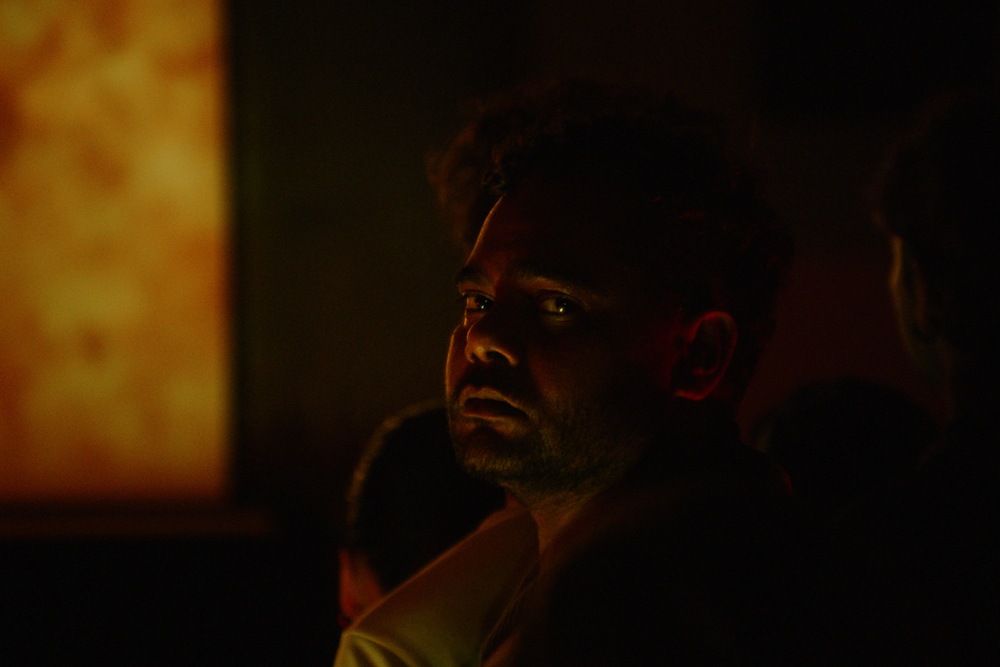
What is the Dogmilk ethos in terms of the kinds of projects that it makes?
Fraser Pemberton: “I would say the beautiful thing about Dogmilk is that all of its members have wildly diverse approaches to form and subject matter. Our backgrounds are extremely varied, but there’s a cohesion in our mission to make ambitious and unique films, and to support each other to do so. If members can help uplift the project of another, then we will always endeavour to if we can, and I think that ethos of community reigning supreme, rather than any particular focus on subject matter, is really our core strength.”
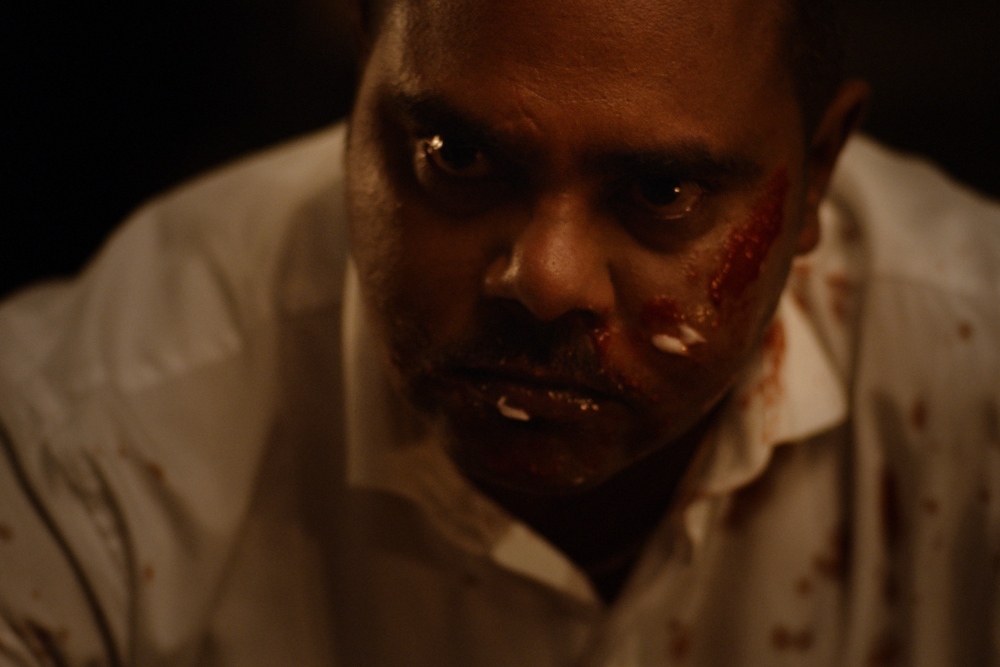
How was the film financed?
Chris C.F.: “We received a VCA50 Creative Development Grant, Fraser being an alumni, which allowed us to take the first steps towards making the film a reality. As the scope of the film and the budget required to realise it grew, we launched a successful Australian Cultural Fund campaign. Again, without the members of Dogmilk and the work of many other close friends and collaborators who donated so much of their time, the film wouldn’t have in any way been possible to make as it is!”
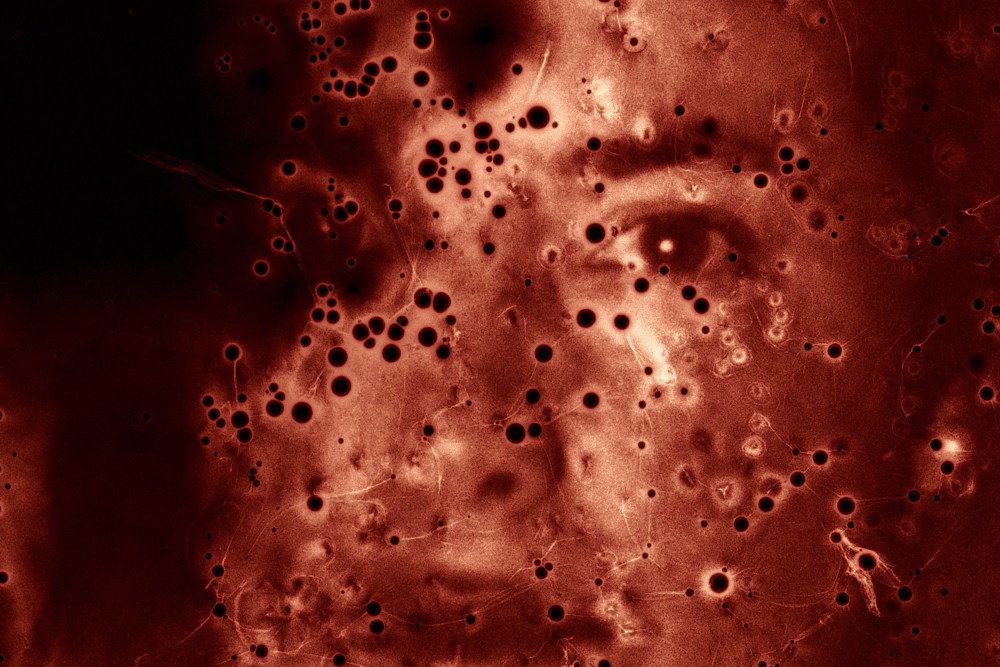
Were you ever concerned that the film’s length would preclude it from selection in most film festivals?
Chris C.F.: “It’s an ongoing concern, yes! We spent months editing this film and made a decision early on to let the runtime be dictated by what we wanted to communicate; to not let the fear of preclusion from festivals affect the final product. We tried significantly cutting down the runtime, but it never retained the impact we desired and knew it could have. That ethos extended to the choices around post-film text and the ideas and questions we wanted to leave audiences with in the cinemas that they might experience the film in.”
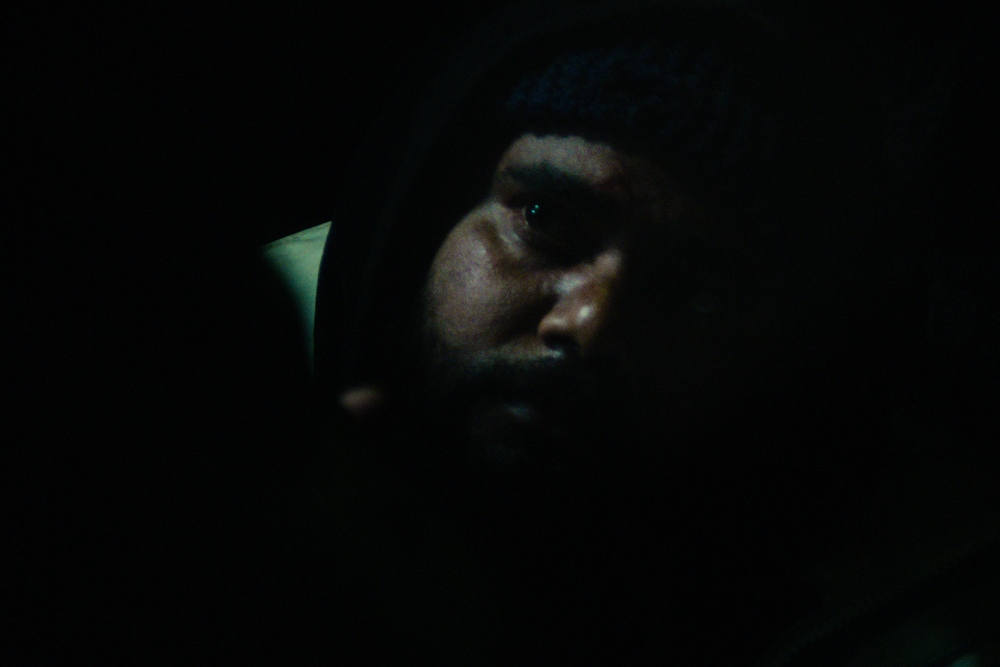
The film achieves a reality that is rarely found in Australian film. What was your approach and, perhaps, influences in achieving this?
William Jaka: “The reality of being Aboriginal in Australia, especially when you want to be an actor and work in storytelling, is that it’s impossible to escape your Aboriginality. It was one of the many topics we discussed at length from the start; that I can’t not be an ‘Aboriginal character’ in any film. I wanted to lean into that, to draw on personal experiences and painful moments in my life, and to use those realities as a way of grounding an otherwise surreal and dreamlike film which in other ways, departs from my lived experience. Essentially, we decided that I’d play a version of myself in the scenes at the art exhibition, a character whose story and goals mirrored my own. The two other characters I play would be symbolic of experiences that I’ve had and others close to me have had, but pushed into a realm more unknown to me. I think it’s this balance of the real and surreal, the known and unknown, that gives the film its power. We wanted it to pose more questions than it answers and to try and depict the confused mess that colonialism has left in its wake in this country, but also the hope of it changing for the better.”
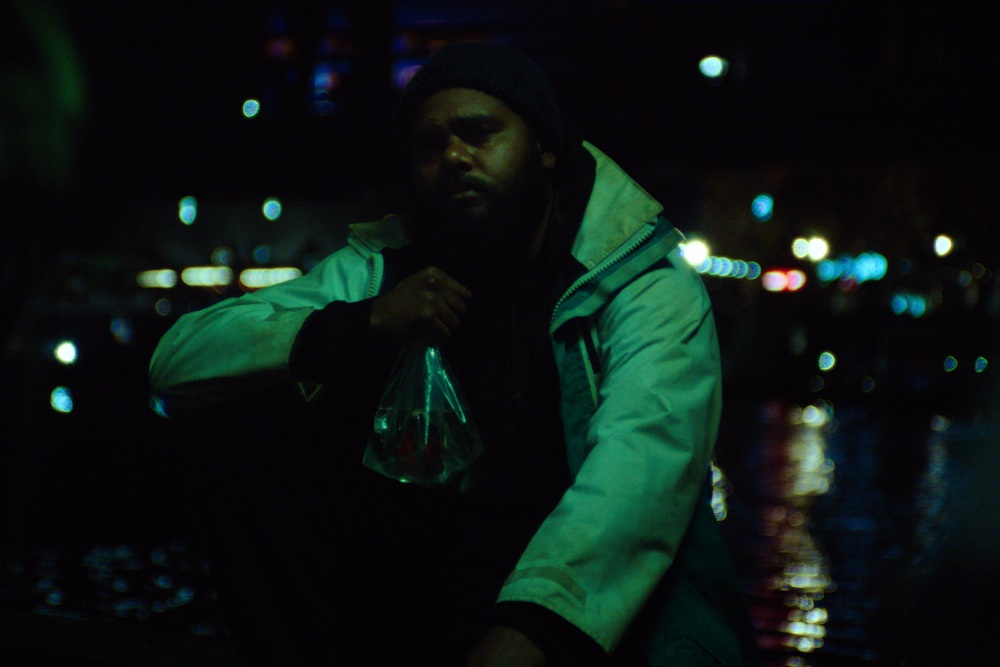
What sort of feedback did you get about the film upon its Sydney Film Festival premiere and win?
Fraser Pemberton: “Screening Faceless as part of the Dendy Awards program at Sydney Film Festival this year, and then picking up the awards for Best Live-Action Short Film and the AFTRS Craft award for Music & Sound Design, was an incredibly humbling experience. Specifically, a great number of people noted that William’s performance, playing three individual roles, quite simply blew them away! The film’s Cinematography and Music and Sound Design were also much discussed throughout the festival period.
“It was most pleasing that many people noted the boldness of the film’s themes and point of view was likely made possible by the intense collaborative approach to the film, perhaps neither Director could have made a film like Faceless by themselves. In my opinion, true collaborations of this nature can fundamentally broaden the scope of what Australian films can try and achieve.
“It was an amazing experience and will stay with all of us for a very long time.”
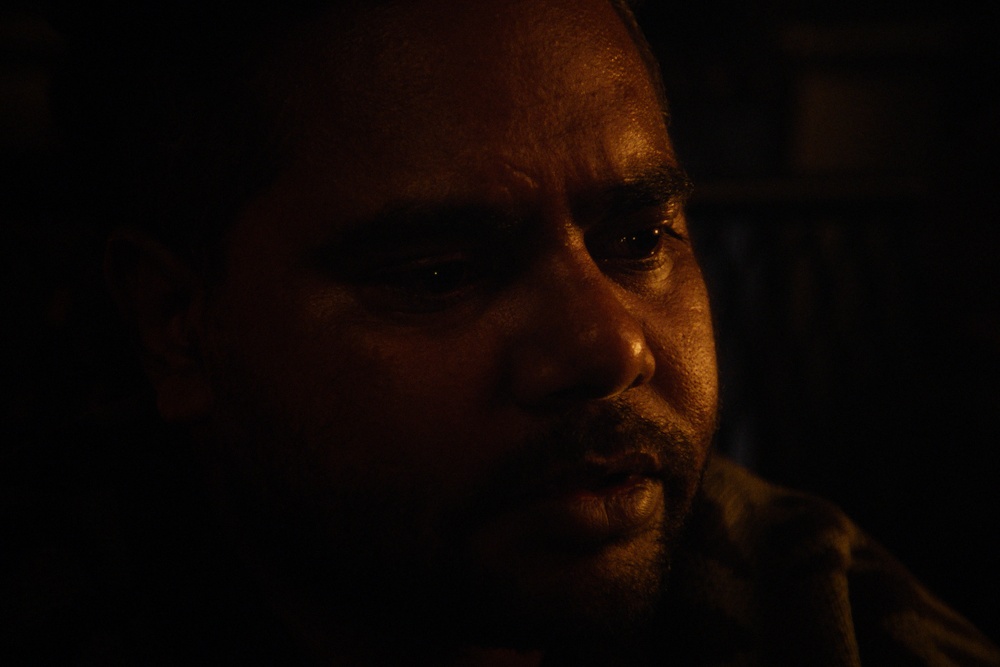
Are you excited about the film’s Melbourne premiere?
William Jaka: “I’m so excited for Faceless to screen in the place that the film’s about! The Birrarung-Ga (The Yarra River) is the spiritual core of the film, and it wouldn’t have been made anywhere else. I can’t wait for our broader community to engage with the film, and for our friends and family to celebrate its achievements so far! For my first film to be played in the city that I grew up in since I was 8 years old, is a dream come true.”
Fraser Pemberton: “It’s an amazing opportunity MIFF has given us to have a direct forum with community members who may feel implicated by the film’s themes and messaging. We genuinely hope the screenings at MIFF provoke some fascinating conversations as per the film’s intent. We’re very excited to participate in the Accelerator Lab and hopefully make some headway on upcoming feature films that we’re developing! We’re also over the moon that William has been shortlisted for the Uncle Jack Charles Award, which recognises an outstanding Aboriginal or Torres Strait Islander screen creative that has a film in the festival. I’m biased but playing three individual roles, writing and directing in your debut film is pretty outstanding! Fingers Crossed!”
Faceless screens on 13 and 23 August 2025 at the Melbourne International Film Festival, more information here.
